Cardiovascular system
Cholesterol vs Triglycerides

Cholesterol and triglycerides are two forms of lipids, or fat, that circulate in the bloodstream. Both are needed by our bodies. But when levels of cholesterol or triglycerides in the blood get too high, the risk of developing heart attack, stroke and peripheral vascular disease increases significantly. This is why we should all be concerned about our blood lipid levels.
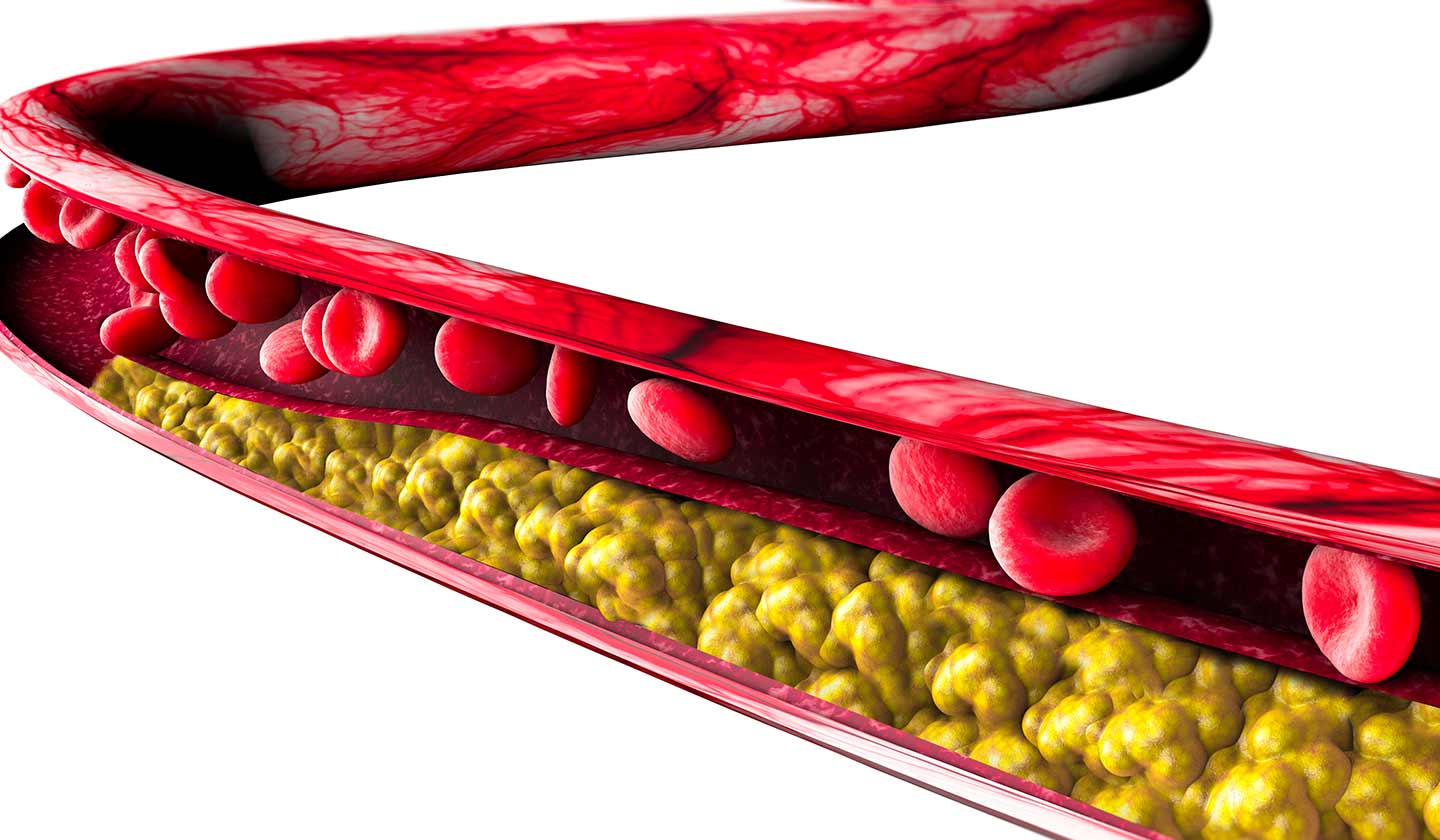
What is cholesterol?
Cholesterol is a dense, fatty substance found in every cell of the body. Produced by the liver, cholesterol is essential for many life-supporting functions. It helps the body produce hormones and vitamin D and is also found in compounds that the body creates to aid the digestion of food. Cholesterol circulates throughout the bloodstream in small 'packets' called lipoproteins. The inside is made up of fat, while protein forms the outer wall.
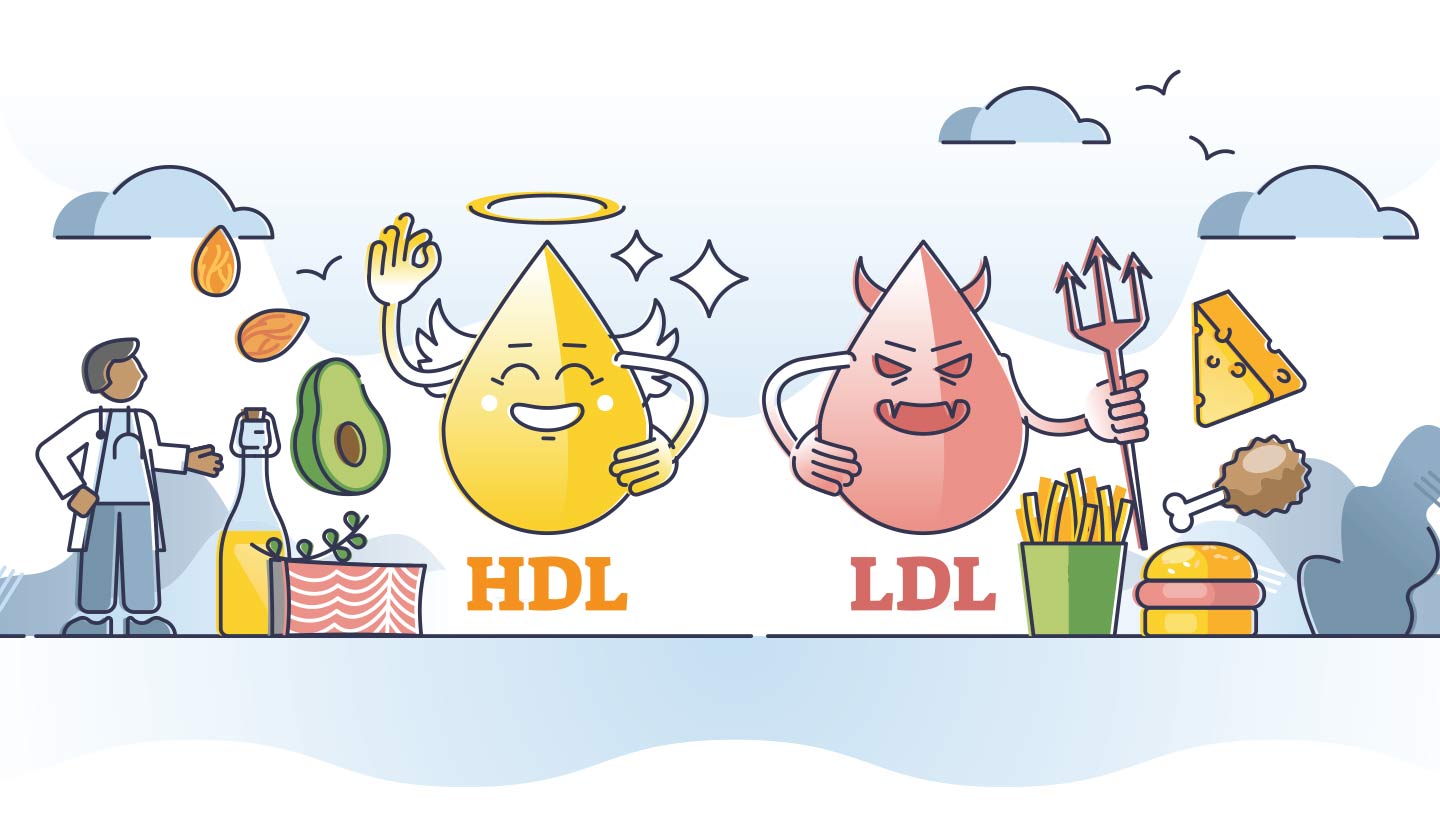
What are the different types of cholesterol?
There are two main categories of cholesterol in the blood:
Low-density lipoprotein (LDL): considered the "bad" cholesterol, LDL allows cholesterol to create deposits (plaques) that build up and harden on the walls of blood vessels - a condition called atherosclerosis, commonly known as "hardening of the arteries".
When this happens in the coronary arteries (the arteries that connect to the heart), it reduces the supply of oxygen-rich blood to the heart. This serious condition, called coronary artery disease, can cause heart attacks and even death.
Plaques can also form in the arteries that supply blood to the brain, abdomen, arms and legs, leading to an increased risk of stroke, bowel damage and peripheral arterial disease.
High-density lipoprotein (HDL): HDL is the "good" type of cholesterol because it helps reduce levels of LDL. The role of HDL is to transport LDL cholesterol to the liver, which removes it from the blood.
Causes of high cholesterol
High LDL cholesterol levels can be caused by a number of factors, including hereditary conditions such as familial hypercholesterolaemia. However it is more common for high cholesterol levels to be related to poor diet, obesity, sedentary lifestyle, age, smoking and gender (pre-menopausal women have lower cholesterol levels than men).
Various medical conditions including diabetes, hypothyroidism, liver disease and chronic kidney failure can also increase cholesterol levels. Some drugs, especially steroids and progestins, can have the same effect.
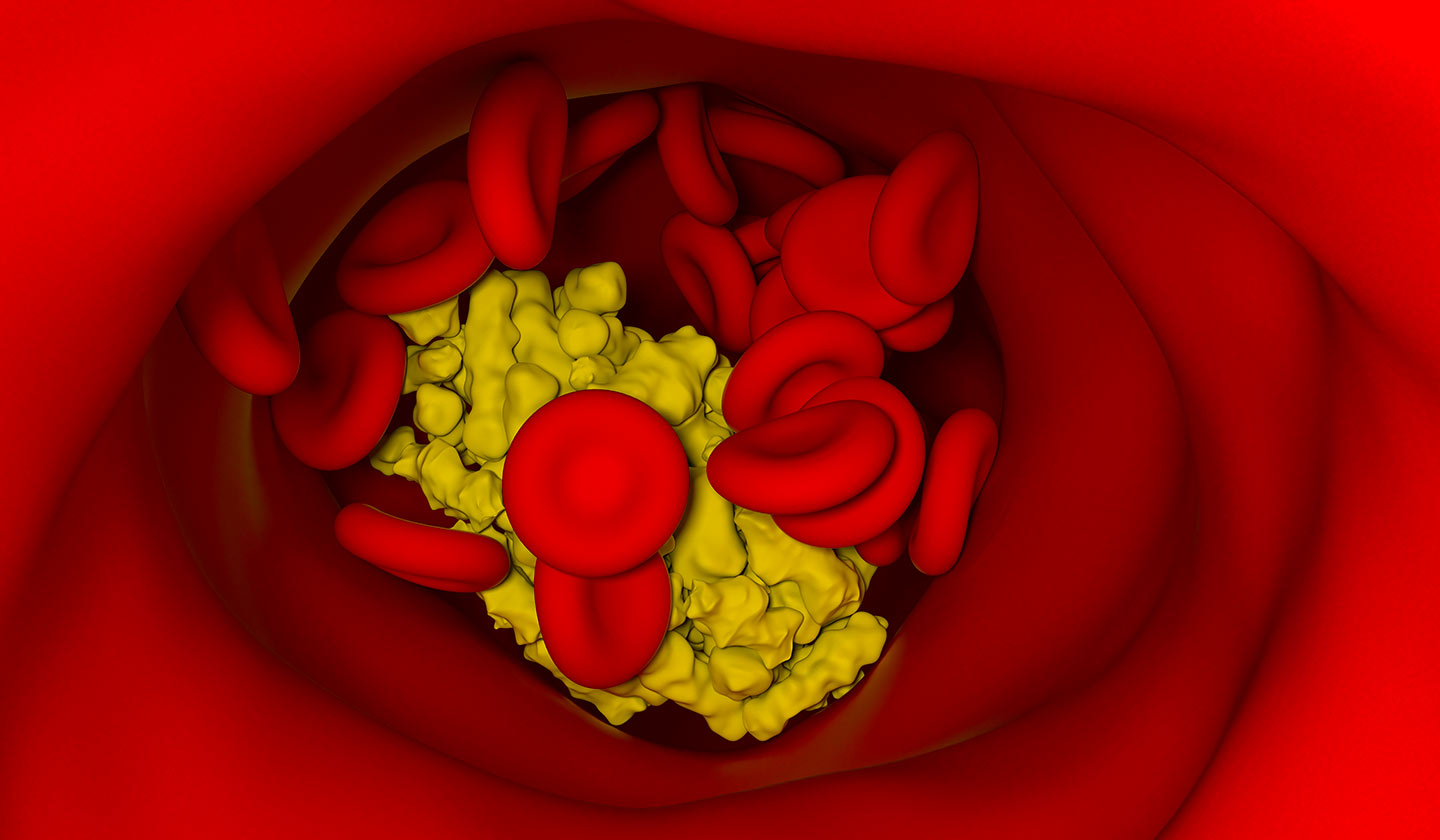
What are triglycerides?
Triglycerides are another form of fat in the blood similar to cholesterol. Having high triglyceride levels increases the risk of heart disease, stroke and heart attack. Making healthy lifestyle choices can greatly help in controlling triglyceride levels. Some people, however, have an inherited genetic condition called hypertriglyceridemia, which causes high triglyceride levels. While you may know your total cholesterol level and be aware of the difference between bad and good cholesterol, you may not know that your triglyceride level is an equally important part of your blood lipid profile. In fact, high triglycerides are just as dangerous as bad cholesterol when it comes to your risk of heart disease. Ideally, your triglyceride level should be below 150 mg / dL; borderline levels are up to 199 mg / dL, above 200 mg / dL is considered high and above 500 mg / dL is very high.
Triglycerides - low value
Normally, low triglyceride levels are not dangerous for your health, since there is no minimum value for the amount present in the blood. However, levels lower than 50 mg/dL may indicate conditions such as malnutrition, metabolic alterations and hyperthyroidism.
What causes and what are the symptoms of high triglycerides?
Triglycerides, when they are elevated, do not usually cause symptoms.
As there is an increased risk of cardiovascular disease, the symptoms may be associated with blocked blood vessels that can cause dizziness, chest pain and even more serious situations such as stroke and heart attack.
When to look for treatment?
If your cardiovascular risk is high, the right treatment targeting your lipid levels can substantially reduce the likelihood of having a heart attack or even dying prematurely. Therefore, when it comes to addressing cholesterol and triglyceride levels, it is important to get it right.
Healthy lifestyle changes are an important component in combating the bad habits that lead to high blood fat levels. They are the essential steps you must ensure to control high triglycerides and cholesterol, even more important than medication.
These options include:
- Maintain a healthy body weight
- Following a healthy diet
- Exercising regularly
- Stop smoking and limit alcohol consumption

How to lower triglyceride levels?
To reduce triglyceride levels, some lifestyle changes are needed, such as a healthier diet and regular physical activity.
Food to avoid
The main foods that should be avoided are::
- Sugar;
- White flour;
- Natural juices with added sugars or artificial juices;
- Alcohol;
- Sausage;
- Ham;
- Mortadella;
- Hamburger fast-food;
- Frozen ready meals.
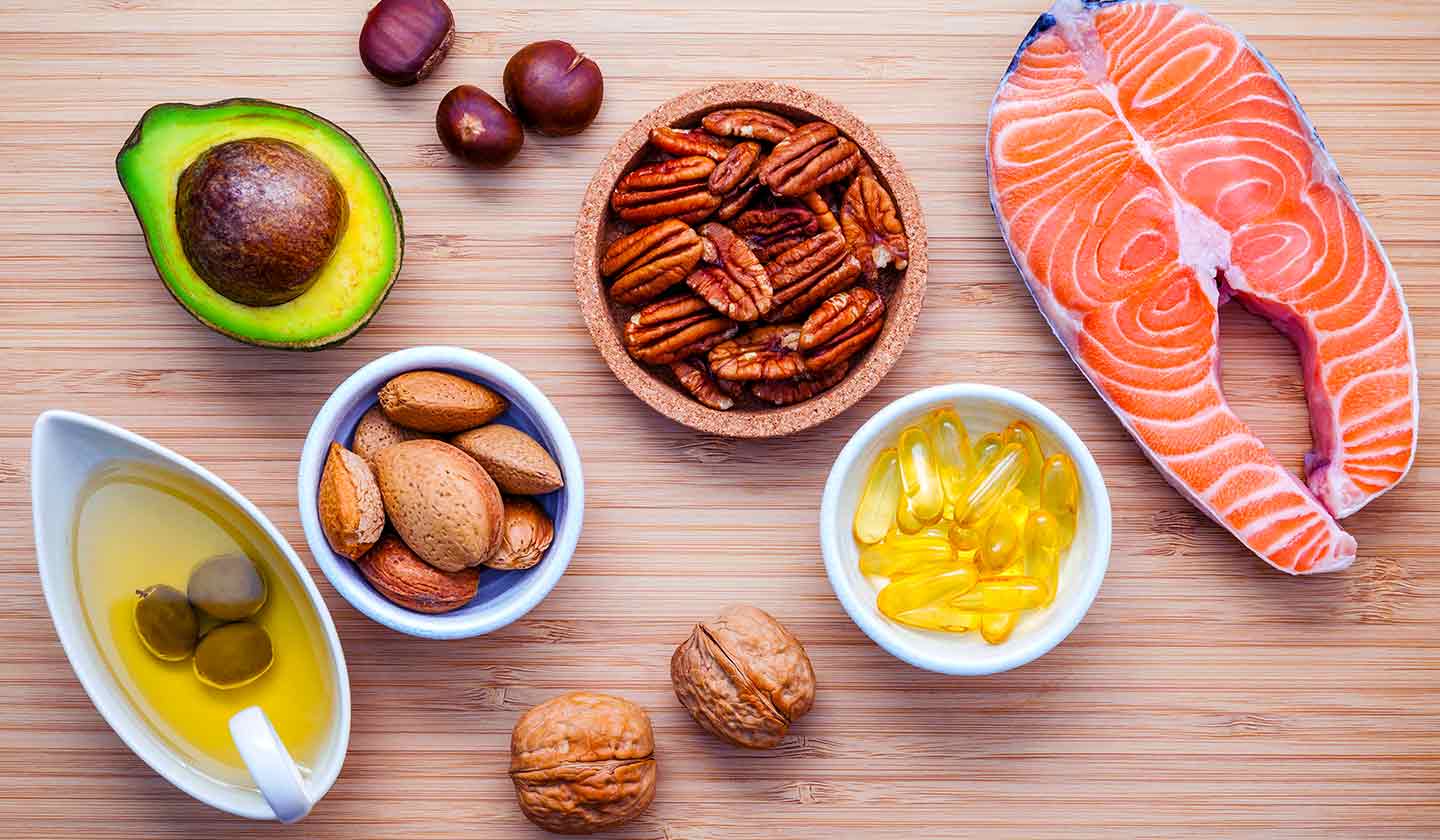
Recommended diet
It is important to point out that each person is different and the diet should be followed by a professional.
A diet with more fibre and foods rich in omega 3, such as fish and oilseeds, which help combat excess triglycerides, is recommended.
It is important to consume good fats such as olive oil, nuts, peanuts, almonds, chia seeds, flaxseed, sunflower seeds and avocado.
How to diagnose?
The triglyceride test consists of a blood sample, where the values present in the body will be analysed.
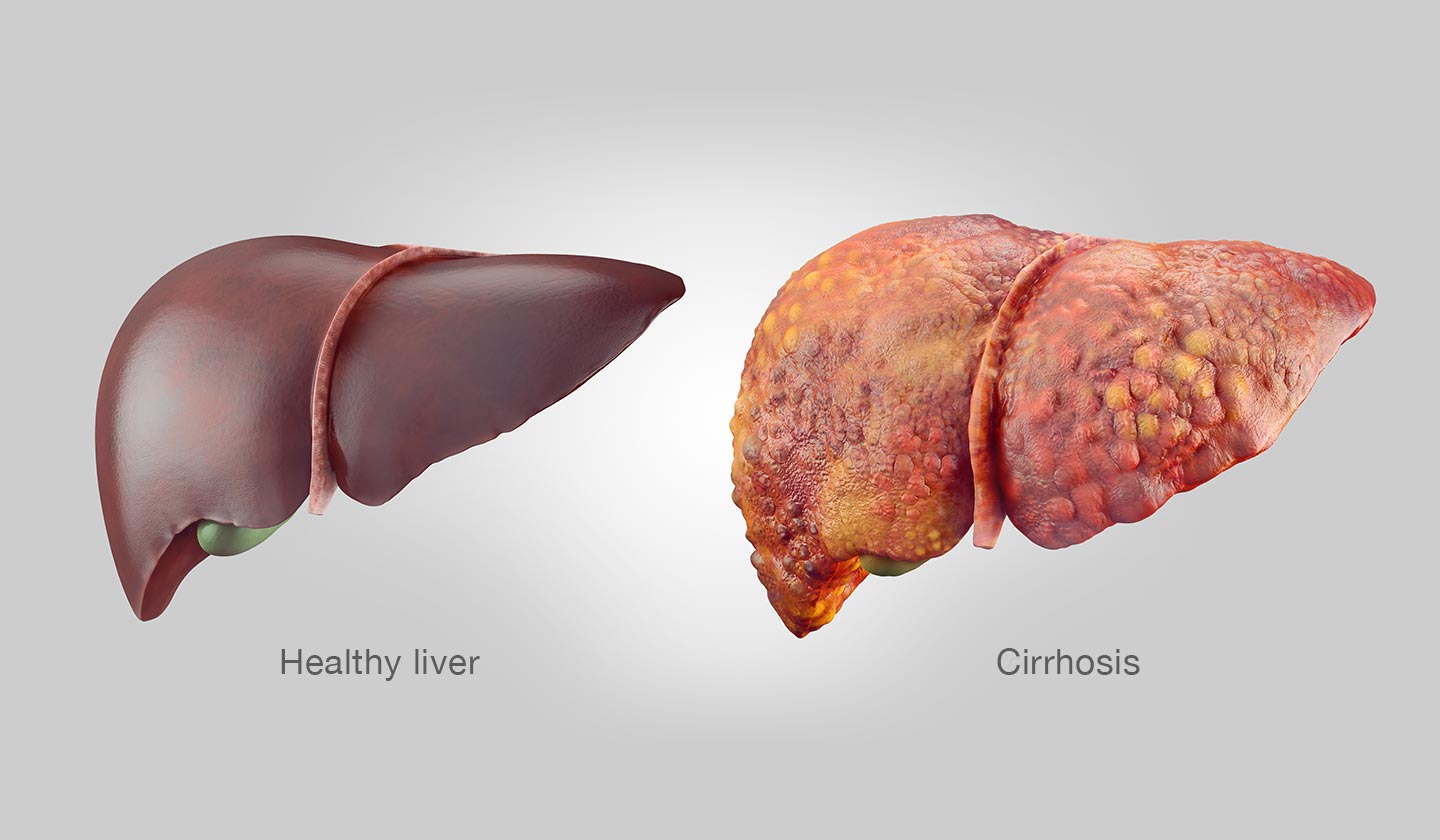
Complications caused by high triglycerides
The main complications caused by high triglycerides are:
- Pancreatitis (inflammation of the pancreas);
- Hepatic steatosis (fat in the liver);
- Atherosclerosis (fatty plaques in the blood vessels);
- Diabetes
- Obesity
- Hypertension
- Stroke (Cerebral Accident).
These conditions can affect all age groups, including high triglycerides in children is recurrent and should be the target of our attention.
Prevention
To prevent high levels of triglycerides in the blood, it is recommended to maintain a balanced diet, rich in fibre and low in fatty foods, and to exercise regularly.
Sources
msdmanuals
Também lhe poderá interessar
Contagious diseases
Hepatitis C - It all starts with prevention
Cardiovascular system






